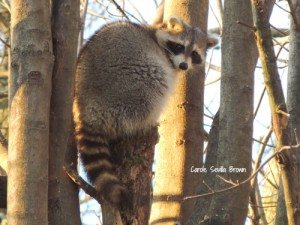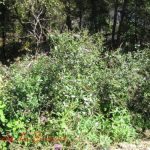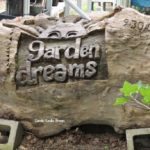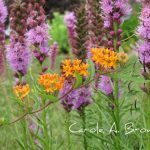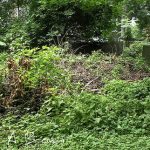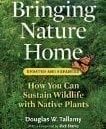I’ve been observing a special visitor to my wildlife garden lately, one that my two Plott Hounds get especially excited about–the raccoons that have taken up residence in the abandoned house next to my property. My Plott hounds are quite adept at helping me spot birds in the wildlife garden, but these raccoons are just too much stimulation, since they were bred to help raccoon hunters by getting the raccoons stuck up in a tree.
I’m in the process of re-designing my entire wildlife garden, having ripped out the whole shebang last summer because too many invasive plants have taken over. And I’ve been observing the raccoons coming to visit my wildlife pond to drink almost every evening.
Sometimes they do come out in the daytime for a nice nap in the sun, as this one did just last week for several hours, much to the consternation of my Plott Hounds.
These masked bandits are known for their intelligence and curious nature, and they’re sure to bring some excitement to your garden.
Raccoons are omnivores and will eat a variety of foods, including fruits, insects, small animals, and even pet food. So, if you have a bird feeder in your garden, be prepared for the occasional raccoon raid!
It’s important to remember that raccoons are wild animals, and it’s best to keep a safe distance from them to avoid any potential conflicts. You can discourage raccoons from getting too close to your home by securing your trash cans and removing any potential food sources.
Overall, having raccoons in your wildlife garden can be a fun and unique experience, but it’s important to approach them with caution and respect. Enjoy watching these fascinating creatures!
More From Ecosystem Gardening:
Submit your review | |

